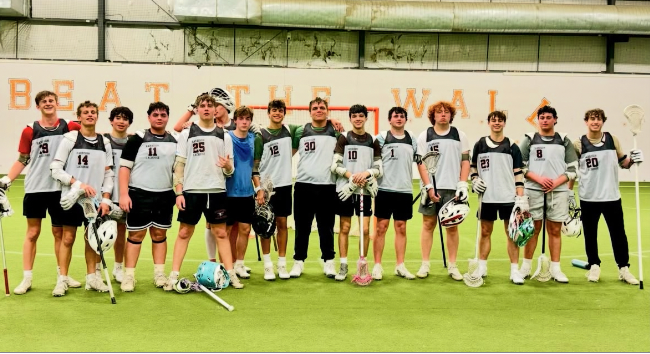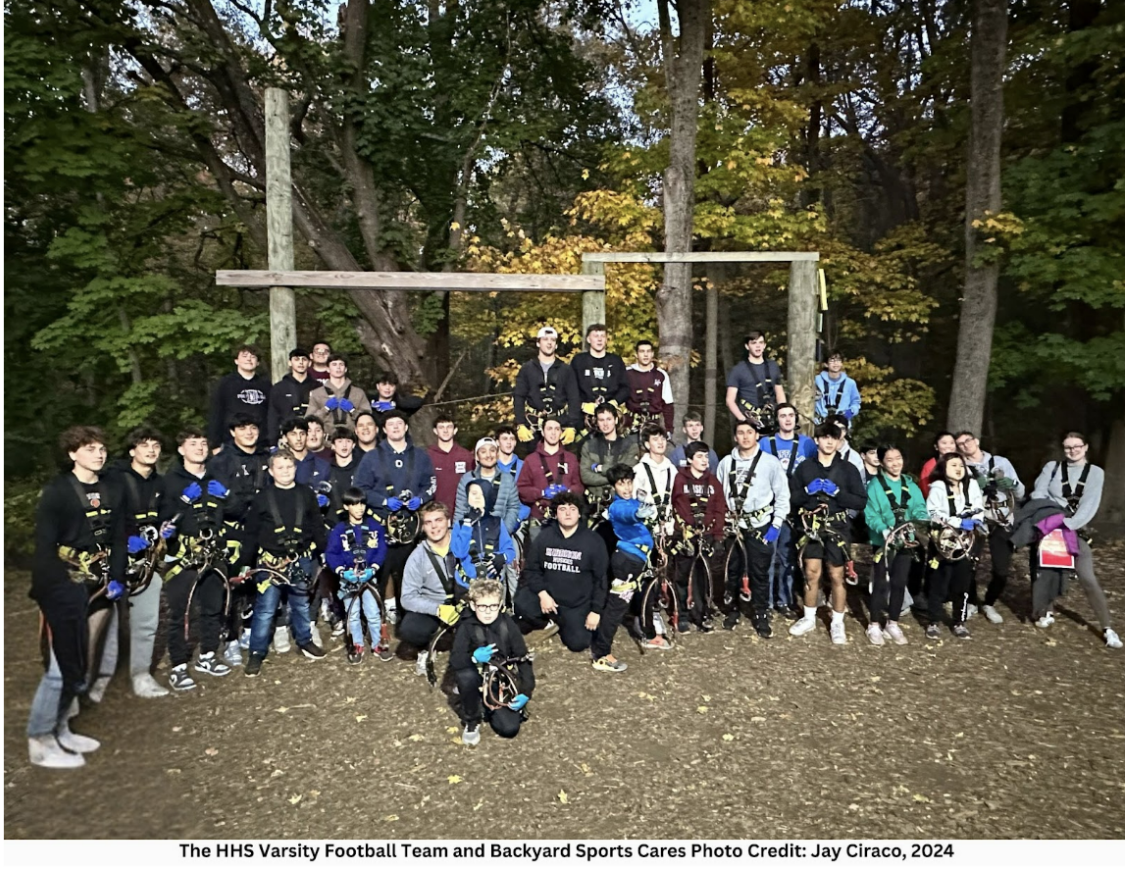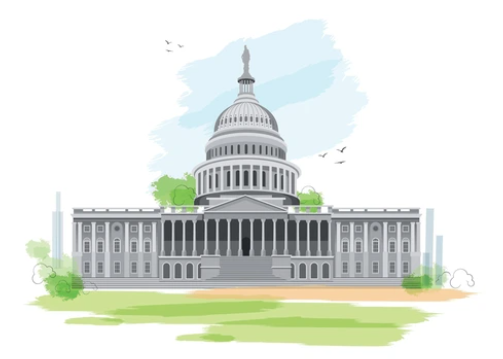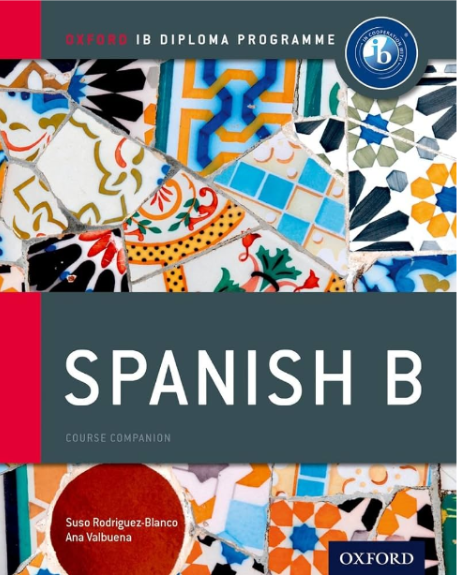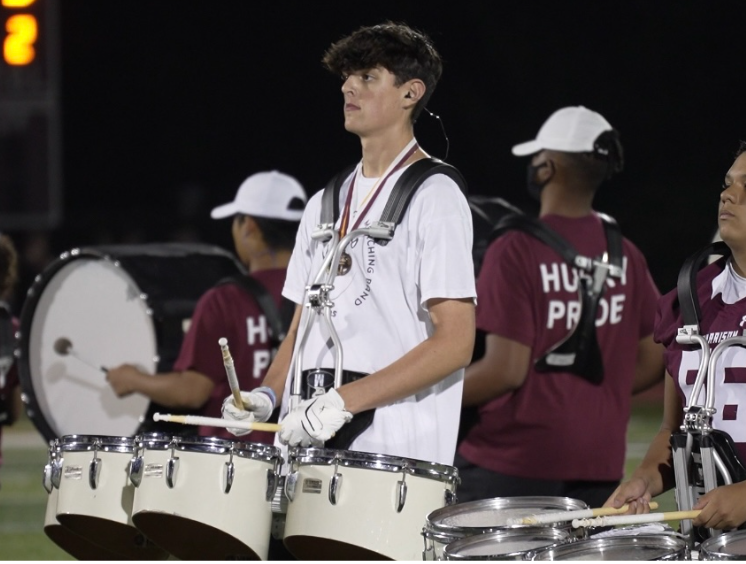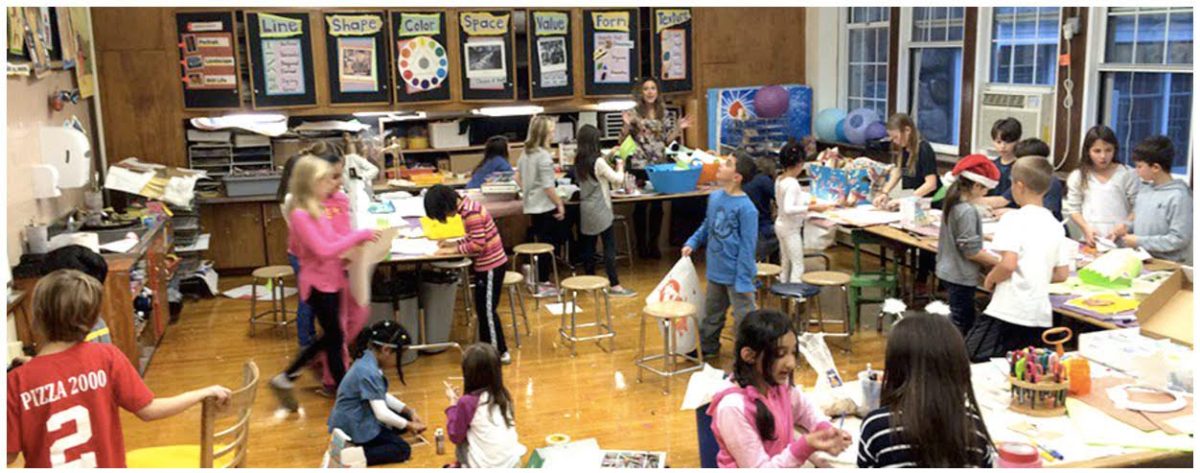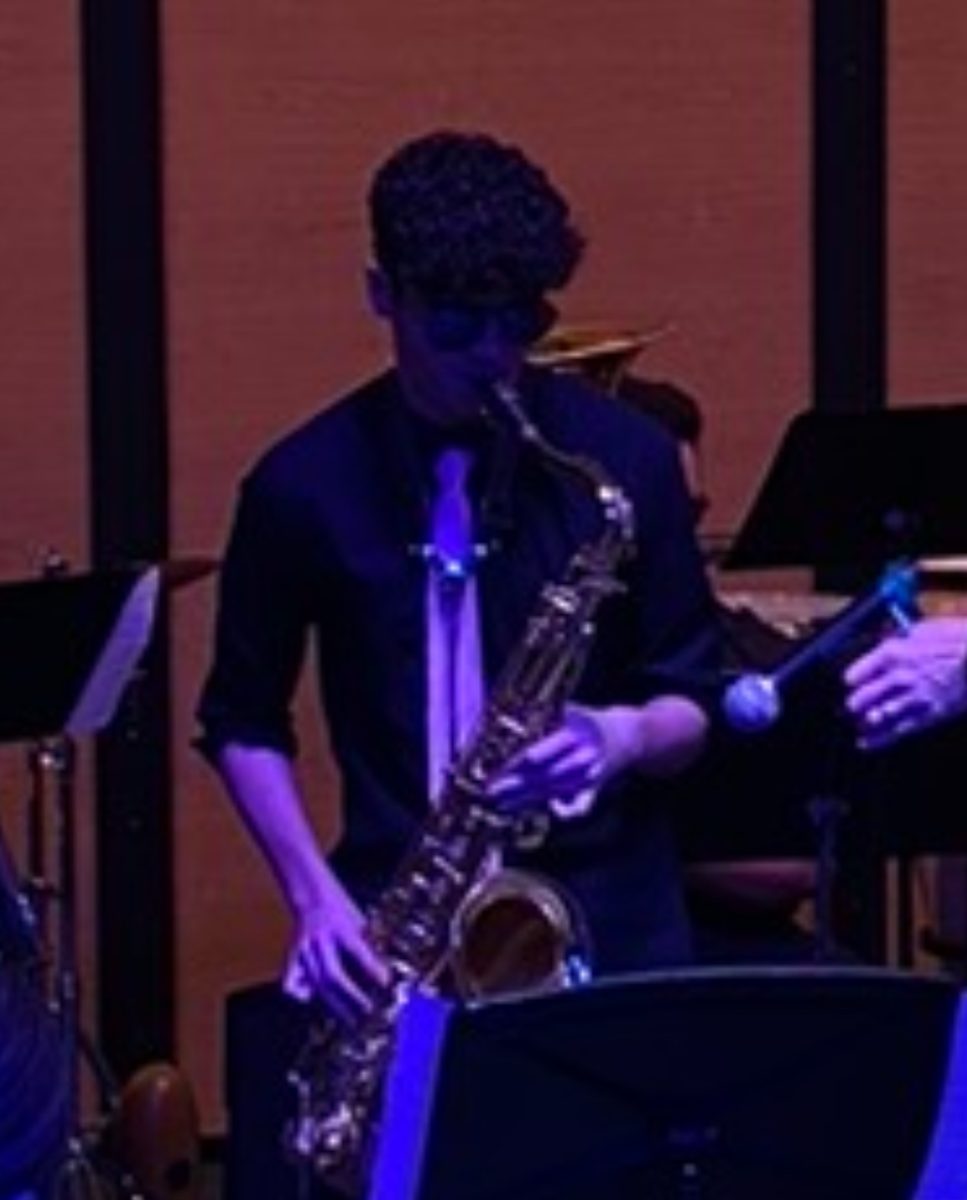How Cliques Affect Learning Environment
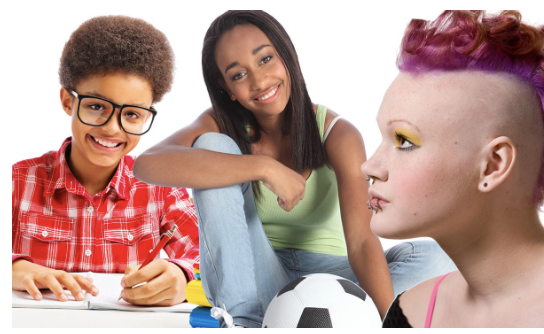
February 13, 2023
Are cliques important to the academic lives of students? As seen in most schools, mainly high schools, cliques are everywhere; some more well known than others. Cliques are groups of adolescents that come together due to similar interests. This can relate to sports, academic interests, hobbies, and even activities out of school such as genres of music, literature, and television. Cliques form everywhere and everyone seems to find their own area of interest where they feel comfortable with the people in the same clique due to similarities in interest. These groups can contain many people and some only have a few. Normally, the people that the clique consists of are all in the same grade, but sometimes these groups can vary to all different age groups.
Walking around Harrison High School there are lots of different types of people around. Everyone is set in a different clique and this may guide them through their highschool experience. Cliques can make a student feel like they belong. According to Paradigm Treatment, “Adolescents go through lots of ups and downs when it comes to their feelings, and having a good group of friends can ease the burden.” These groups of students can make the school and academic experience much more tolerable due to the fact that school, mostly highschool, is very difficult and can be very stressful for adolescents. A good group of people to help an individual succeed can boost them to perform better in school and to feel better as a person. Dr. Lara Singer, Harrison High School’s in-school psychologist, came upon the idea that people who are around others who do better academically, will become more academically proficient. “If you’re in a group of people who help you and do good in school, it can allow for that given student to do better academically since they are surrounded by others who are academically successful.” The people the students are around can help them achieve their goals because they have people supporting them through the tough journey of school. This also benefits the students’ future as they become more well-rounded and this could be a great advantage if the student chooses to go further with school into college as they will pick up on what makes them a good student and the people who will help support them. Kurato Inaba, a sophomore student at Harrison High School, believes that cliques can make students feel more prominent as a person. “I think cliques affect students to have a better academic experience because it can allow them to feel more comfortable and accepted.” If students sway towards a better crowd of people, they will most likely become more comfortable in a school environment. This can also improve students’ self esteem and can greatly improve their mental health because they don’t feel alone in a sense and they feel heard and wanted.
Cliques formed in school environments don’t always have the best reputation. These cliques may often be represented as bad or unwanted in a school vicinity. If a student gets involved with the group crowd, they can be encouraged to not care about grades and they may develop a rude behavior and attitude. It can cause students to feel left out if they are not willingly in a clique. This could be because they feel as if these cliques are avoiding them, or they may have just tried really hard to enter a clique and it has not gone their way. It can cause the students to feel less appreciated if they are visually being pushed away by people. Dr. Singer stated that she believes that being excluded from a clique may cause some damage to mental health and confidence.”I think that they are represented bad because you think of cliques as leaving people out.” But she continues to state,”But it can be a sense of belonging. So it’s kind of neutral in a way of how they treat others and the people around them no matter if they are in the group of not because it can be wonderful to have these friendships.” Even if these cliques may be perceived as bad, they can cause forever friendships. Friendships are important to people and having them begin formed in schools will help them last a very long time because they are formed against common interests. “It’s less about friends and more about feeling connected,” says Dr. Singer. Studies show that people who take part in a smaller group of friends rather than a larger one, tend to have a better mental health and a better chance of life-long friendships. Inaba says, “If you were to remove cliques, people will feel forced to change who they are to try to fit in better.” These people can become more social and have better relationships with others. No matter what, people with any sort of clique are not all bad and not all good. According to Paradigm Treatment, “One danger of social cliques is that some teens will be excluded from them. This can negatively affect their mental health.” People may feel that in their cliques, there may be favorites while others might feel as if they are ‘forcing’ themselves into a group and maybe feel like they don’t feel valued. But there is always a group out there for everyone and once someone finds a clique that they click with, they will become better than before, as a person.
Cliques are very different from one another and this can be a good concept because this allows for people to be themselves and to find people who appreciate who they are as a whole and not as someone they are making themselves out to be. These cliques can be a form of guidance for the students throughout their high school years as they grow to become adults. With this, people hope that the cliques others enter will guide them into that right direction. Cliques can be very beneficial, but as all good things, they have their faults. These can cause the feeling of exclusion and if someone does not feel valued as a person, it can affect their mental health. Nevertheless, cliques can help people and their peers to become who they thrive to be as a person if they are surrounded by people who will assist them with making their ideas and beliefs a reality.

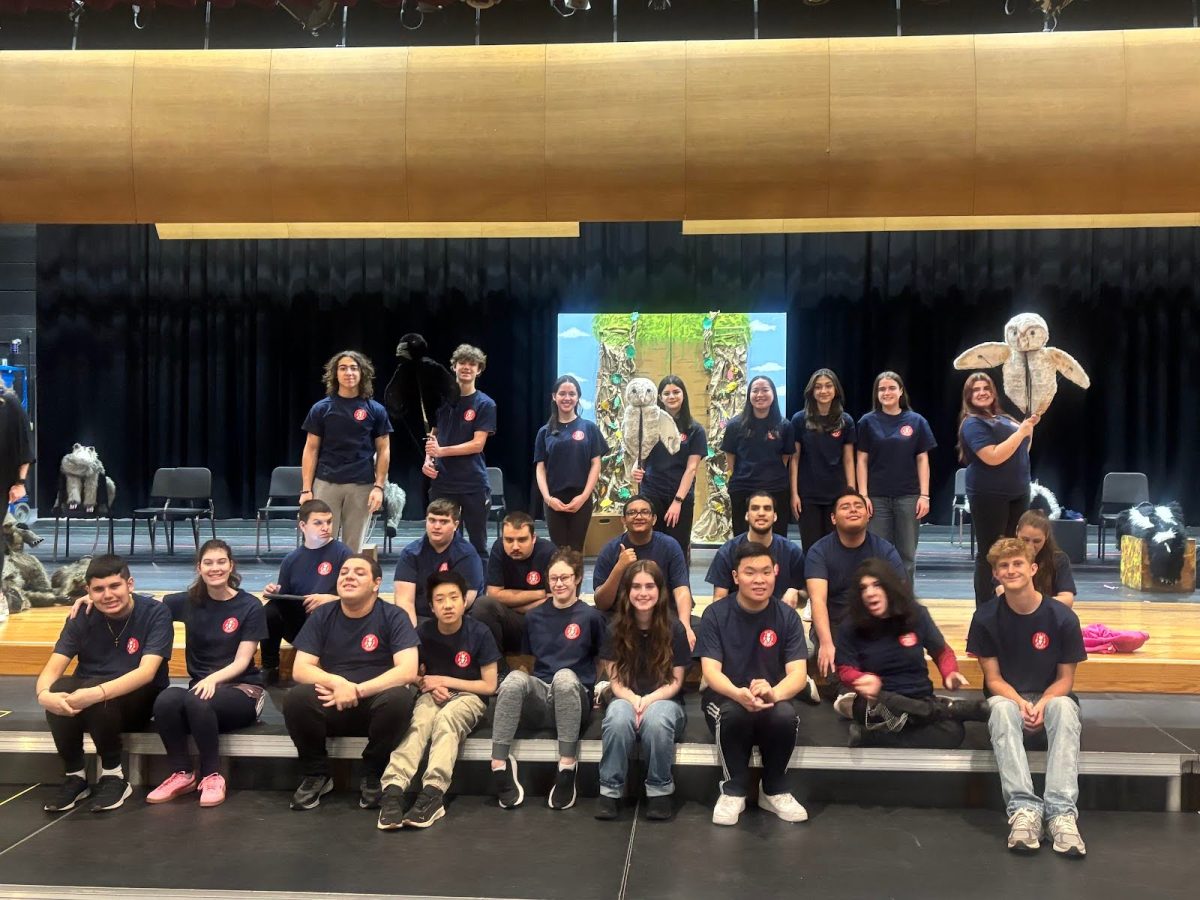


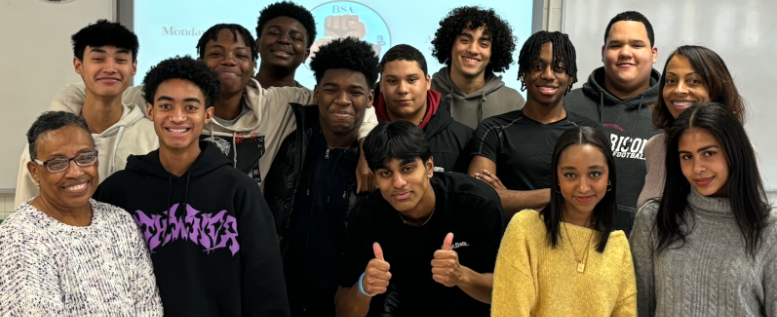

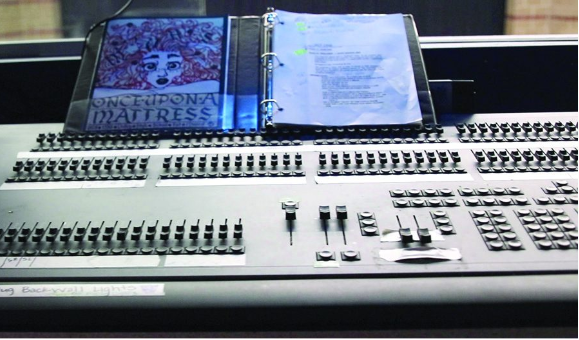
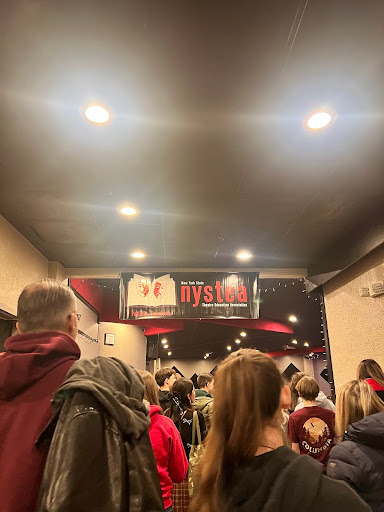
![[From left to right-Top row: Harison Fliegenspan, Talia Russo, Isis Leite, Micaela Thone, Rosella Paniccia. Bottom row: Maya Rolan, Eren Yoshimura, Audrey Cheung, Karinah Diaz]](https://thehuskyherald.org/wp-content/uploads/2025/02/IMG_0927.jpg)
